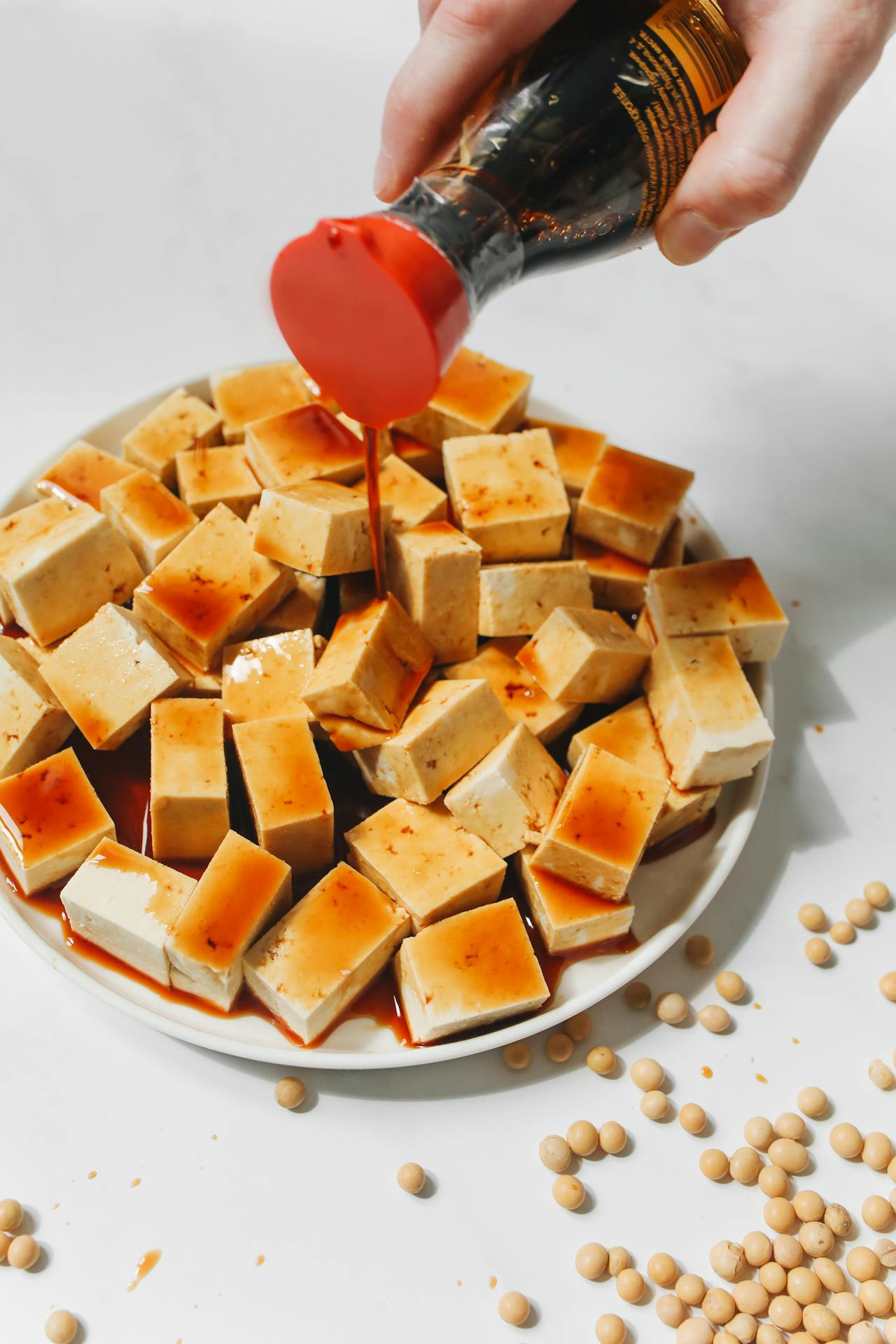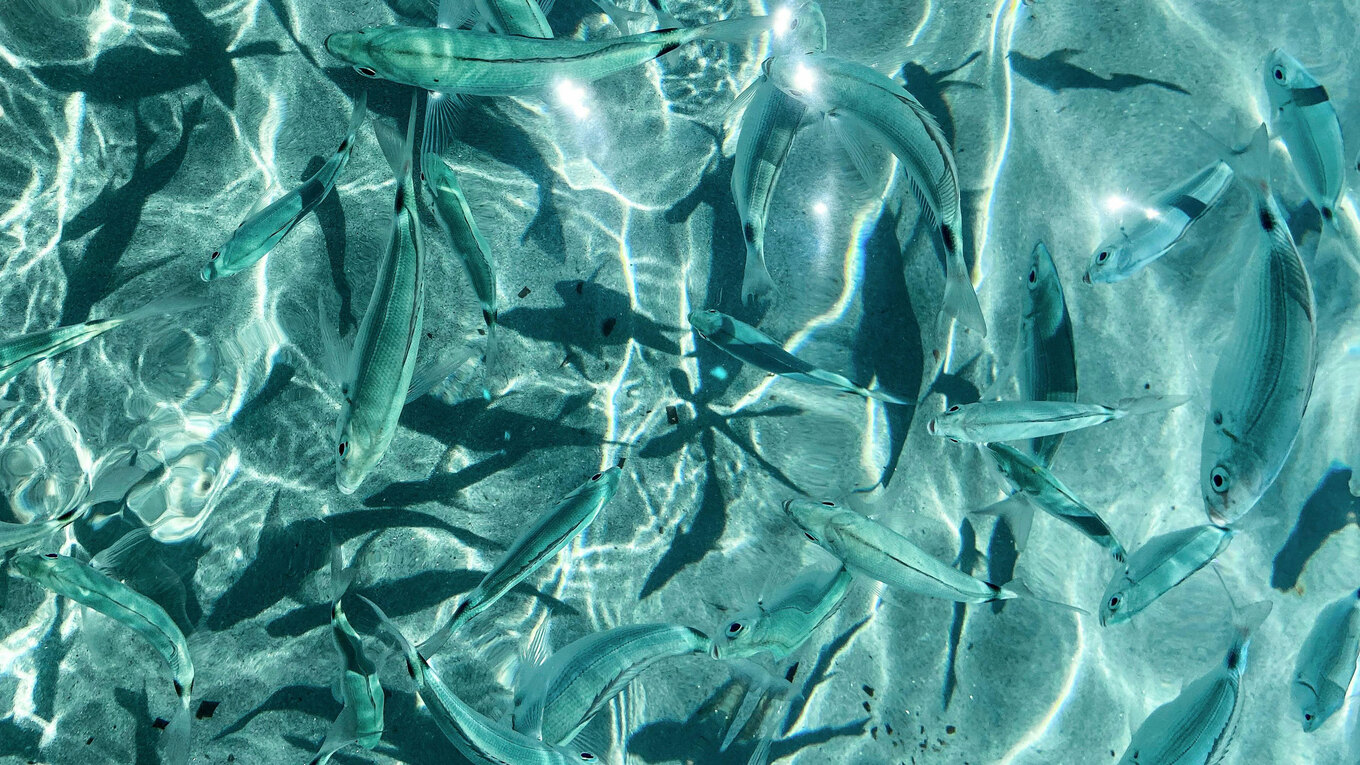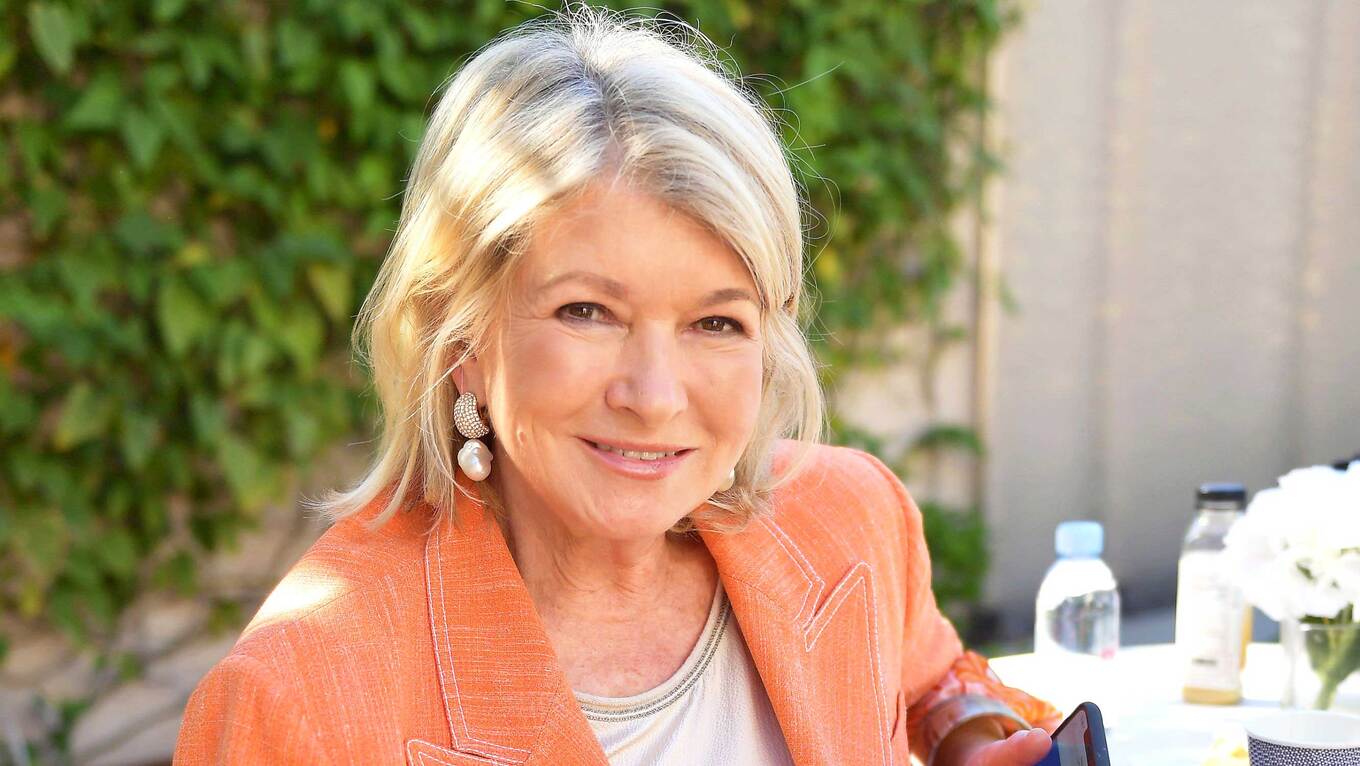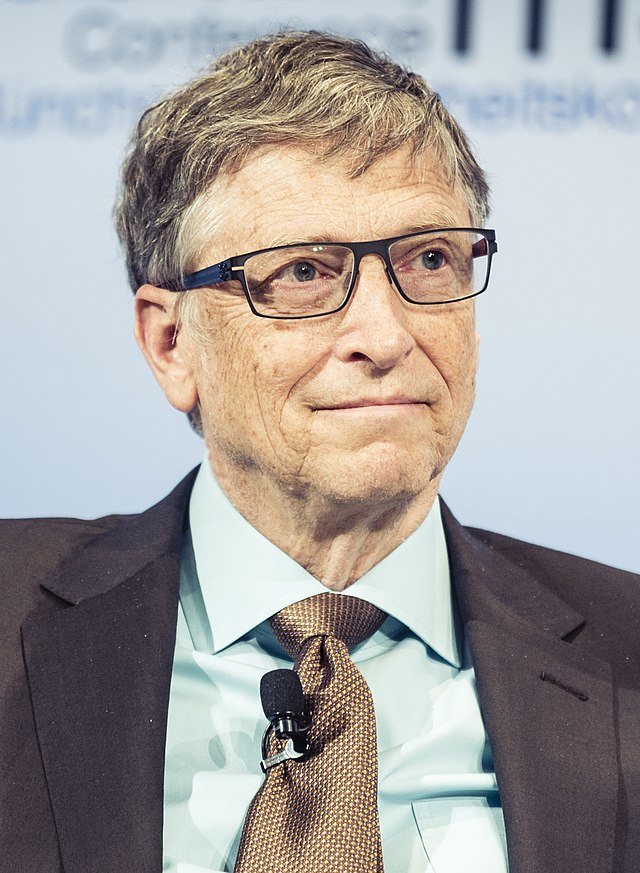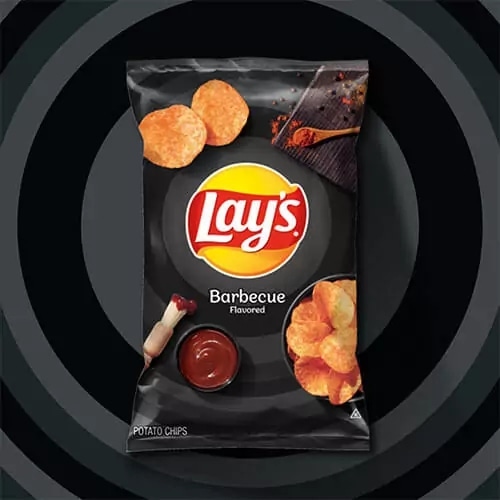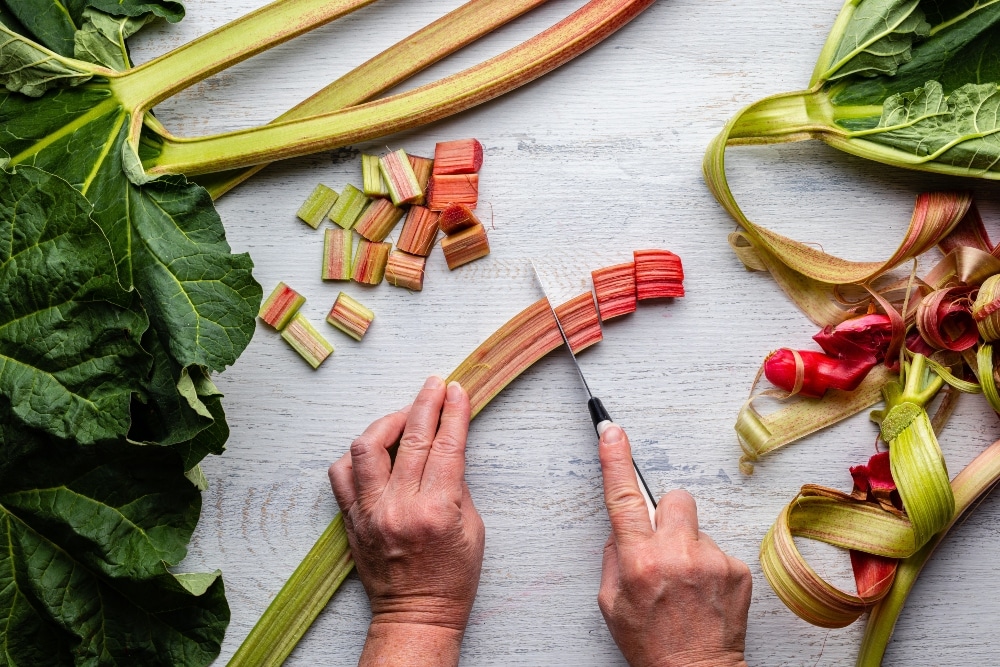There’s a common perception that India is one of the easiest places for vegan travel. Although the subcontinent has more meat-free eaters than anywhere on the planet—owing to cultural and spiritual traditions—most Indians who eschew meat follow a lacto-vegetarian diet, and many dishes are heavy on dairy products.
Things are changing, however. By 2030, India’s burgeoning vegan food market is estimated to be worth $33.3 billion. A growing number of vegan options are popping up around the country—including popular Canadian vegan fast-food eatery Odd Burger, which announced plans to open 145 locations across the country in the next 10 years. And in 2023, a survey conducted by market research firm YouGov found that a staggering 59 percent of Indians expressed intent to adopt a plant-based diet.
And nowhere is this shift more evident than in Mumbai, India’s most populous city. This cosmopolitan coastal metropolis— which has long been a cultural and culinary hub—is now paving the way for India’s vegan dining scene. On a recent trip to the city, I decided to check out the Indian vegan foodscape for myself.
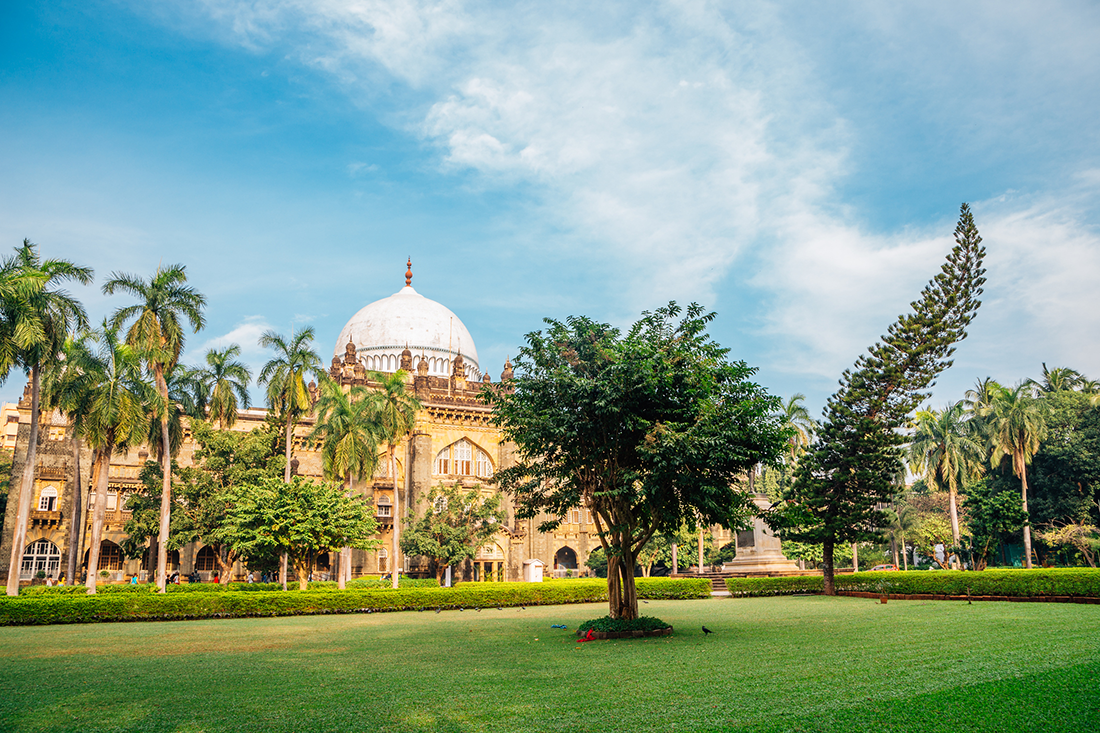 Sanga Park
Sanga Park
Table of Contents
The best plant-based food in Mumbai
My journey started in South Mumbai’s Colaba neighborhood, an area known for its curious mix of Victorian Gothic and Art Deco architecture, with an Indian twist. I wandered past the Gateway of India, a 100-year-old monument characterized by its towering minarets, intricate carvings, and a giant center portal that looks out over the Arabian Sea. I pulled out my phone to take a picture of the scene in front of me: crowds of tourists trying to take selfies while shooing off vendors offering boat trips out to the 6th century cave temples on Elephanta Island, a short trip offshore. I continued my stroll, past the gorgeous edifice of the Chhatrapati Shivaji Maharaj Vastu Sangrahalaya, a massive history museum built in a mix of traditional Indian and Victorian architecture known as the Indo-Saracenic style.
A whir of motorbike engines and blaring car horns drowned out the rumble of my stomach as I made my way to Chetana Veg Restaurant, a Mumbai institution that’s been serving up tasty all-you-can-eat thalis (mixed platters of food) since they opened in 1946. I explained to the host that I was vegan and didn’t want anything with dairy. Within seconds, I was seated in the middle of the restaurant beneath an arched ceiling adorned with intricate sienna-hued patterns.
 Getty
Getty
In front of me sat a big metal plate with seven little bowls, each containing a small portion of a vegetable or lentil dish. On the center of the plate were a couple of pieces of whole-wheat flatbread, known as roti, and a big pile of rice. Every few bites, a server would come by and offer me more food, so that no matter how much I ate, my dish would always be full—a cornucopia of turmeric-infused potatoes, fragrant red lentils (daal), and spicy mixed vegetable curry.
Pretty in pink
The next day, I headed to Earth Café, a healthforward, plant-based bistro that looks out over leafy Waterfield Road in the chic Bandra neighborhood. With powder-pink walls and plush furnishings, this cozy spot feels a bit like a toned-down version of a midcentury starlet’s dressing room, albeit one with a seemingly endless supply of vegan treats on hand. I grabbed a corner table and began to pore through a menu of international delights, from crispy Italian arancini to jackfruit sloppy Joes smothered in Korean barbecue sauce.
 Earth Café
Earth Café
I ultimately opted for a smattering of snacks, starting with one of the most Indian items on the menu: soft taco kebabs. These richly spiced veggie patties come served in tiny soft tortillas the same color as the walls around us, topped with pickled onions and drizzled with mint mayonnaise to create a flavor-packed fusion of North India’s regal Mughlai fare and one of Mexico’s most beloved culinary exports. I then took my taste buds on a journey to the Caribbean with a Cubano sandwich stuffed with fresh-as-it-gets jackfruit, cheese, pickles, and caramelized onions that added a subtly sweet balance to the savory sandwich. I finished it off with a raw cacao shake, naturally sweetened with banana and coconut milk, before ordering a fluffy croissant for my breakfast the next morning. I then headed to my next destination: an all-vegan grocery store.
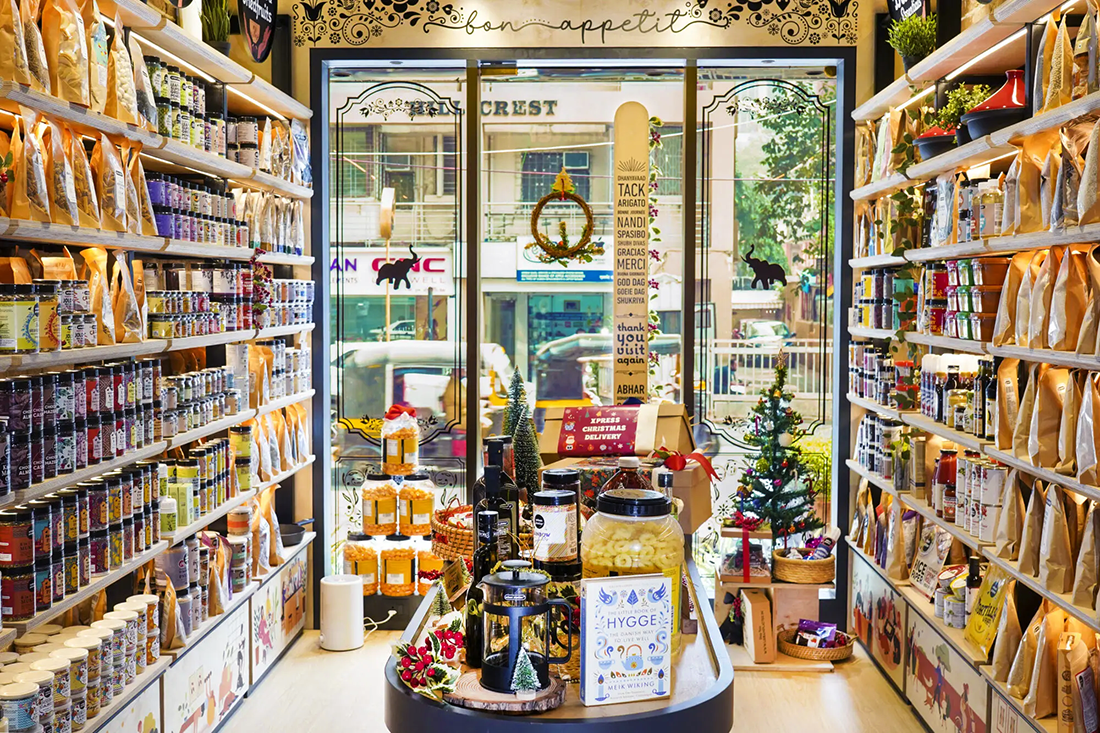 Urban Platter
Urban Platter
Mumbai’s best vegan places to shop
A 10-minute walk along mango tree-shaded roads flanked with towering apartment buildings took me to The Urban Platter Store, a small grocery shop packed from floor to ceiling with high-quality spices, condiments, plant milks, and treats. An employee greeted me with a free sample of cheese puffs— crisp, airy balls made from chickpea flour and coated in bright orange faux-cheddar. I filled my shopping basket with local treats, including jaggery (a popular sugar substitute that makes a perfect addition to hot masala chai) and kasundi, a heady Bengali mustard sauce that puts milder Dijon varieties to shame. I also stocked up on makhana, or fox nuts—the puffed seeds of prickly water lilies that make for a light, nutrition-rich snack. I finished with a jar of aam papad, chewy fruit leather candy bites made from the sweet pulp of India’s national fruit: the mighty mango.
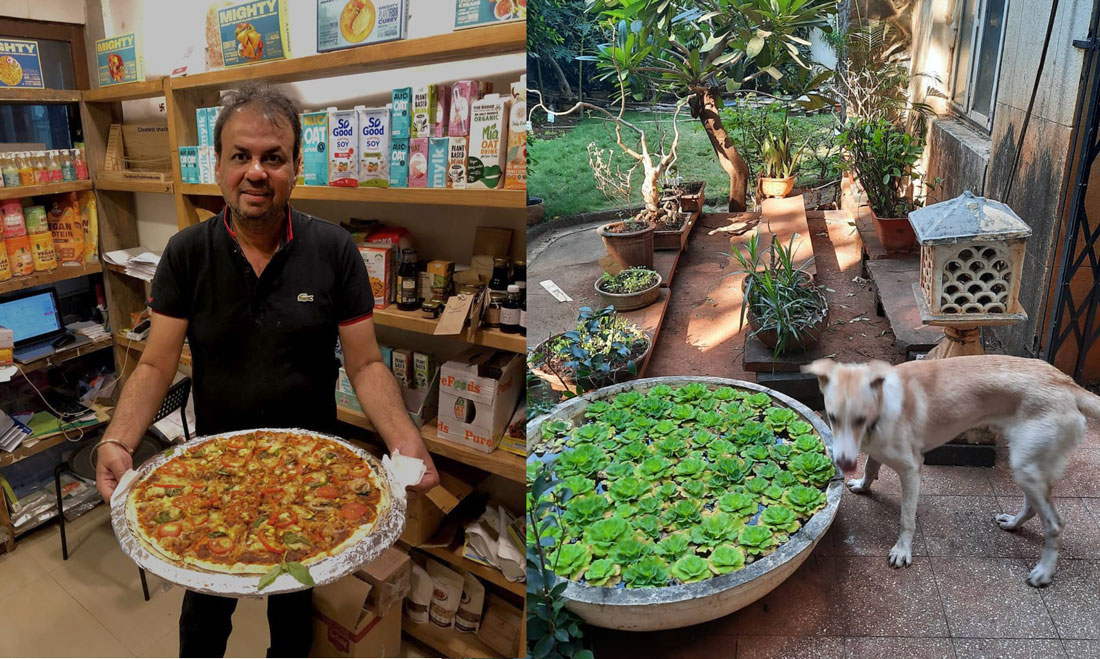 The best desi delights
The best desi delights
For dinner, I headed to Rare Earth, a plant-based shop and café with a well-deserved cult following among Mumbai’s vegan scene. I was greeted with a full-faced smile by owner Shami Sethi and his dog Zorro, a calm, cream-hued pup with gold-flecked triangles for ears. Sethi ushered me to a table in a shaded back patio area that felt more like the home of an old friend than a typical restaurant.
The menu at this homey spot is incredibly extensive, offering everything from Chinese-style fried rice to raw strawberry cheesecake. I was in the mood for Indian fare, so I ordered the soy tofu tikka masala, a rich curry of texturized soy protein cooked up in a fragrant tomato sauce. I also tried keema pav, a quintessential Mumbai snack consisting of fluffy, buttery dinner rolls stuffed with minced soy. I casually mentioned to Sethi that the one Indian dish I missed from my pre-vegan days was khadi, a yogurt-based pakora curry that doesn’t actually appear on the Rare Earth menu.
To my surprise, he whipped up a small portion for me and brought it to the table with the rest of my food. “We can make pretty much anything with a bit of notice,” he told me, as I luxuriated in my first silky bite of the tangy dish.
Accidentally vegan
I finished my meal just as dusk began to fall and quickly made my way over to nearby Juhu Beach, a popular sunset-watching spot. By the time I arrived, a bevy of street food hawkers with push carts had already set up shop for the evening. I watched a young man transform a solid green coconut into a tropical drink, effortlessly cutting the top with just a couple of machete chops before sticking a straw straight into the top. I walked past another cart selling bhel puri, a popular snack consisting of puffed rice, tamarind chutney, and a hodgepodge of chopped tomatoes and diced red onions, a quintessential Mumbai beachfront snack.
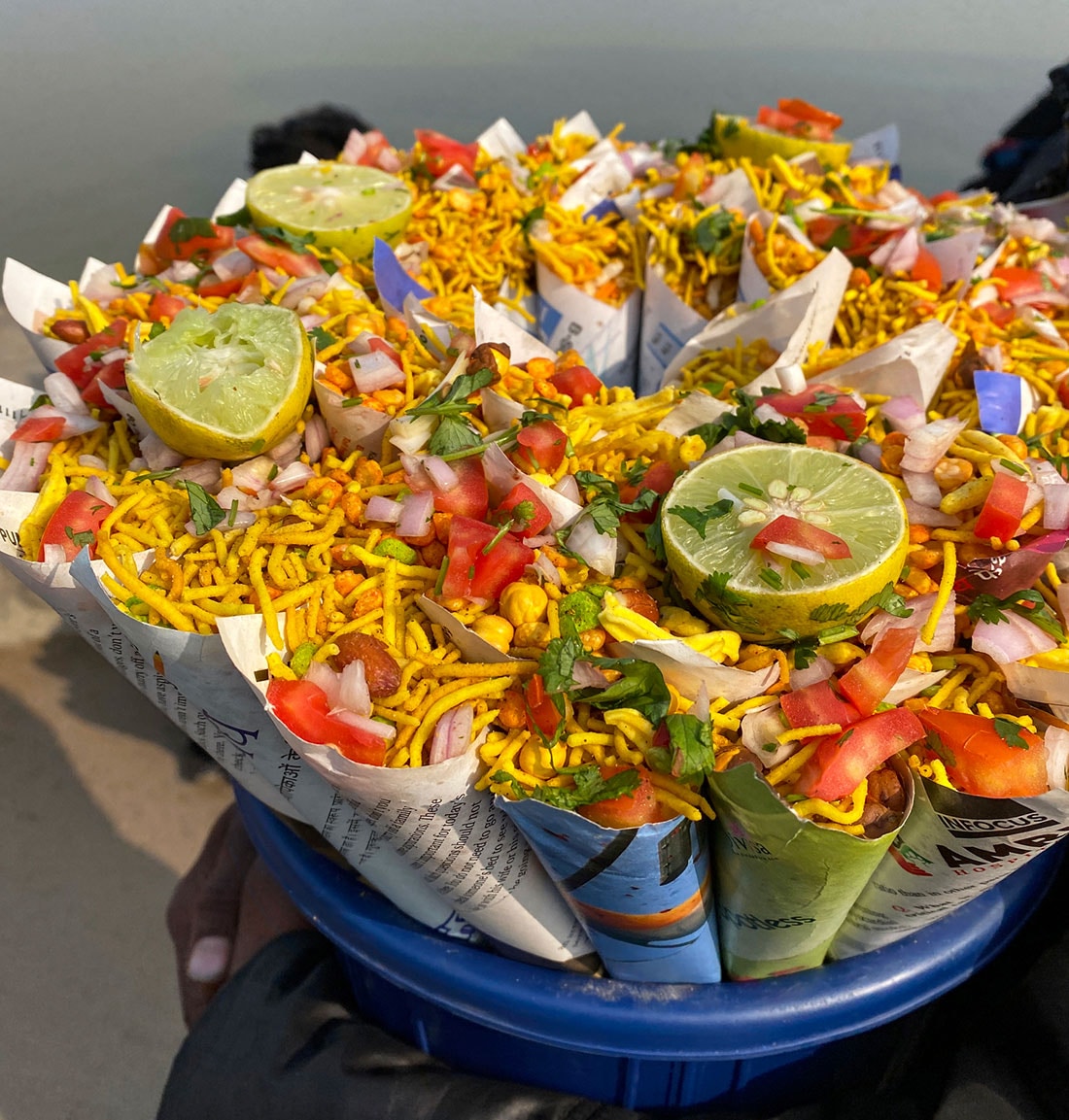 Getty
Getty
Although I was still full from my last meal, I couldn’t resist ordering one, which was served to me in a giant cone made of upcycled newspaper. I filled my mouth with the spicy, tangy, and—most importantly—accidentally vegan mélange as I watched a big pink sun disappear into the Arabian Sea. I was sure of one thing: as a vegan in Mumbai, I would not be going hungry.


